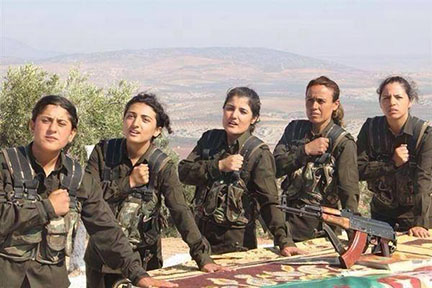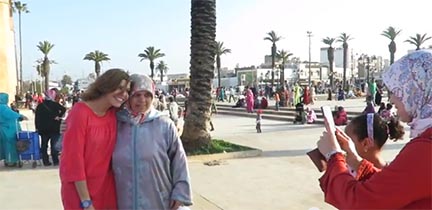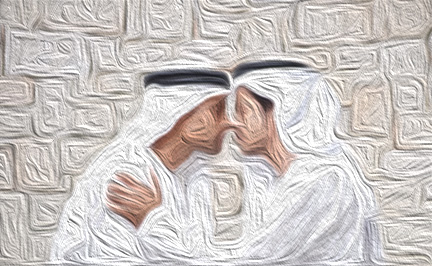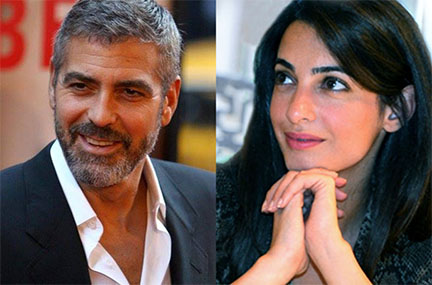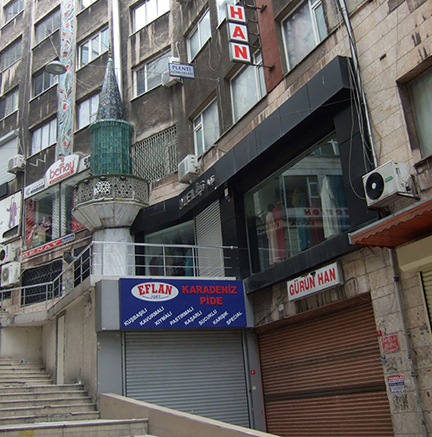
Istanbul, where minarets share space with commercial signs
Having spent a short eid vacation in Istanbul, I had the opportunity to walk around the Sultan Ahmet and Eminönü areas. The main streets near the Sultan Ahmet mosque and Topkapi were full to overflowing with tourists from just about everywhere. The lines to enter the major sites stretched for hour-long waits, so I decided it was more prudent to simply walk the back streets with no particular goal in mind. On the way to the Spice Suq, where many of the shops remained open to satisfy the crowds of tourists and merchants’ pockets, I saw the iconic duality of modern Turkey in full force. On one building is a commanding mural of Ataturk, but across the street rises a conservative Islamic center. Down the road from an Ottoman religious shrine there will be a Starbucks or Burger King. Outside a fashion store is a giant image of a vivacious woman in Victoria’s Secret-like underwear, as a woman in niqab walks by. East and West, Ottoman vs. Republic, liberal and conservative: contemporary Turkey is where academically unfashionable binaries rule the streets, if not the hearts and minds of many Turks.
Of course this is the touristic center of Istanbul, complete with the tram stop that always seems to have a crowd outside. There must be a hundred or more small hotels and just as many restaurants and cafes. Kebab (or Kebap, if you prefer) is cuisine’s sultan here today. We stayed in the delightful and relatively inexpensive World Heritage Hotel, where the hospitality and ambiance are superb, and only a short walk from the Sultan Ahmet mosque, whose majestic minarets we could see from our breakfast table. Of the many restaurants nearby, my favorite was Amedros, which offers a wide range of dishes beyond the ubiquitous kebab fare. For authentic Ottoman cuisine, be sure to visit Asitane, which is near the Kariye Camii and Chora Church Museum. Of course, the joy of being in Istanbul is the constant discovery of something you will enjoy. If you have never walked these streets and alleys, you are missing a jewel outside the museums, splendid as they are.
